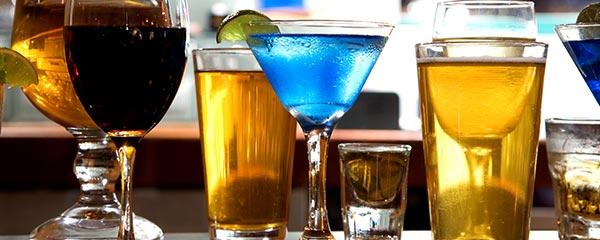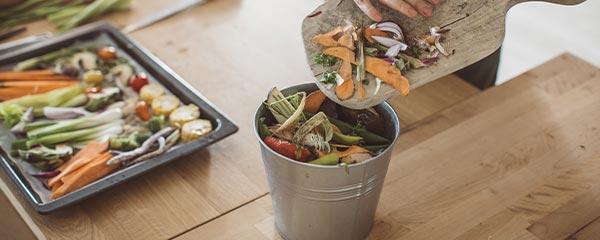Once the dishes are clean from Americans’ Thanksgiving feasts, many will be left with tighter waistbands and a refrigerator packed with leftovers. But what will become of the partially nibbled green bean casserole? The food-forward holiday presents the perfect opportunity to review findings from the , which documents what Americans do with leftovers.
The nationwide study conducted via web and mail this summer finds most Americans (76%) saying that at least once a week they make a repeat meal out of leftovers. This percentage could be even higher after Thanksgiving, with uneaten turkey and succulent side dishes beckoning from the refrigerator after the main meal.
About half of Americans (48%) say they commonly use leftovers as ingredients in new meals at least weekly. Perhaps, on Black Friday, Americans could be tempted to make a turkey pot pie or turn mashed potatoes into a delightful breakfast hash.
At the same time, three in 10 say they toss out uneaten leftovers at least weekly because no one wants to eat them. It’s unclear whether that rate will hold during the Thanksgiving weekend, but it’s possible it will increase given the higher volume of leftover food, even if Americans are trying to use it up in other ways.
How Food Waste Adds Up
Based on data from respondent food diaries from the , those who report throwing away leftovers at least weekly because no one wanted to eat them waste approximately 12 cups of food each week. This contrasts with 3.5 cups of wasted food each week among people who report infrequently (once a month or less) throwing away leftovers because of a lack of takers.
Leftovers and Food Safety
Americans’ concern about food safety and the risks of food poisoning will also likely play a role in how much leftover Thanksgiving food people consume before they toss what’s left.
Around one in 10 Americans say they worry about the health risks associated with eating leftovers even if there is no sign of spoilage. Whether anyone in these households would eat any leftovers at all is an open question. Leftover use is a critical factor linked to food waste amounts. People who frequently throw away leftovers waste much more food each week (12 cups) than those who do so less frequently (3.5 cups).
While not relevant to Thanksgiving leftovers, per se, it’s interesting to note that when thinking about store-bought food, 45% of Americans report worrying about eating food past its “use by” date (with no signs of spoilage), and 36% say they’re worried about eating food past its “best if used by” date (with no signs of spoilage). While a roasted turkey and half-eaten sweet potato casserole don't have “use by” labels, presumably the most food-safety-conscious consumers will also likely have a shorter window for how many days they feel comfortable eating them.
Indeed, the study shows that Americans who are very or somewhat worried about the health risks of eating food past its date label tend to waste more food -- 10.1 cups of food per week on average -- than those less worried about these risks -- 5.9 cups of food per week.
Bottom Line
With the holiday season approaching, Americans are entering one of the highest food consumption times of the year, when mindfulness about food waste can have the most impact. Careful planning, preparation and cleanup -- getting those leftovers in the fridge fast -- can help American families enjoy an abundant Thanksgiving meal while ensuring that any leftovers are enjoyed as part of future meals over the long weekend.
For more information, read the full MITRE-║┌┴¤═° report, . If you are interested in tracking your own household food waste, download MITRE’s Food Waste Tracker app, available on and .
To stay up to date with the latest ║┌┴¤═° ║┌┴¤═° insights and updates, .
Learn more about how the works.




